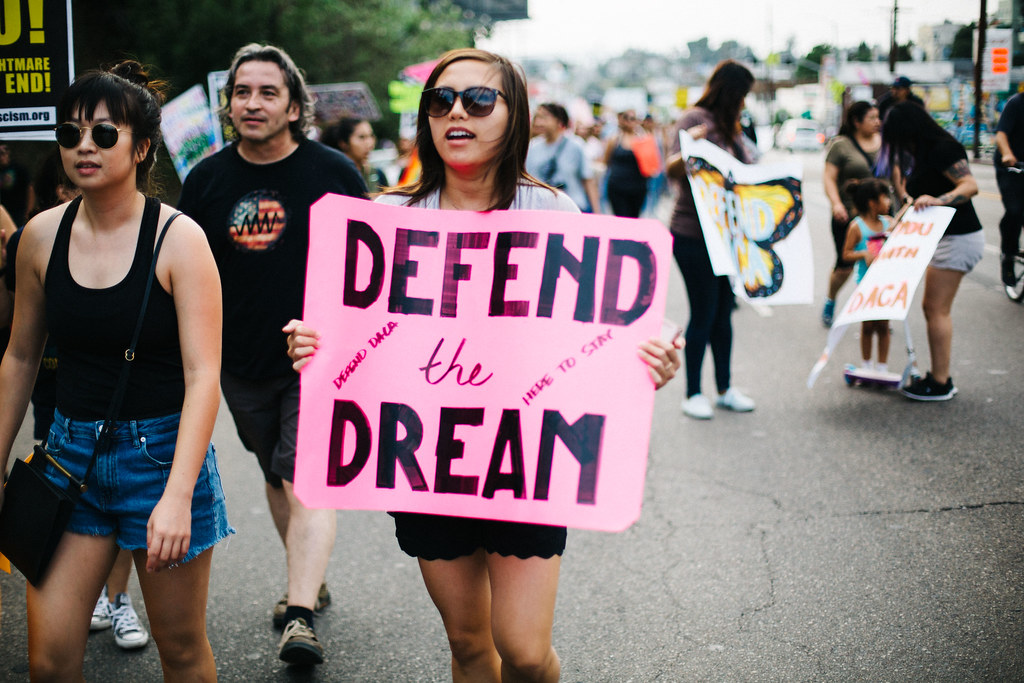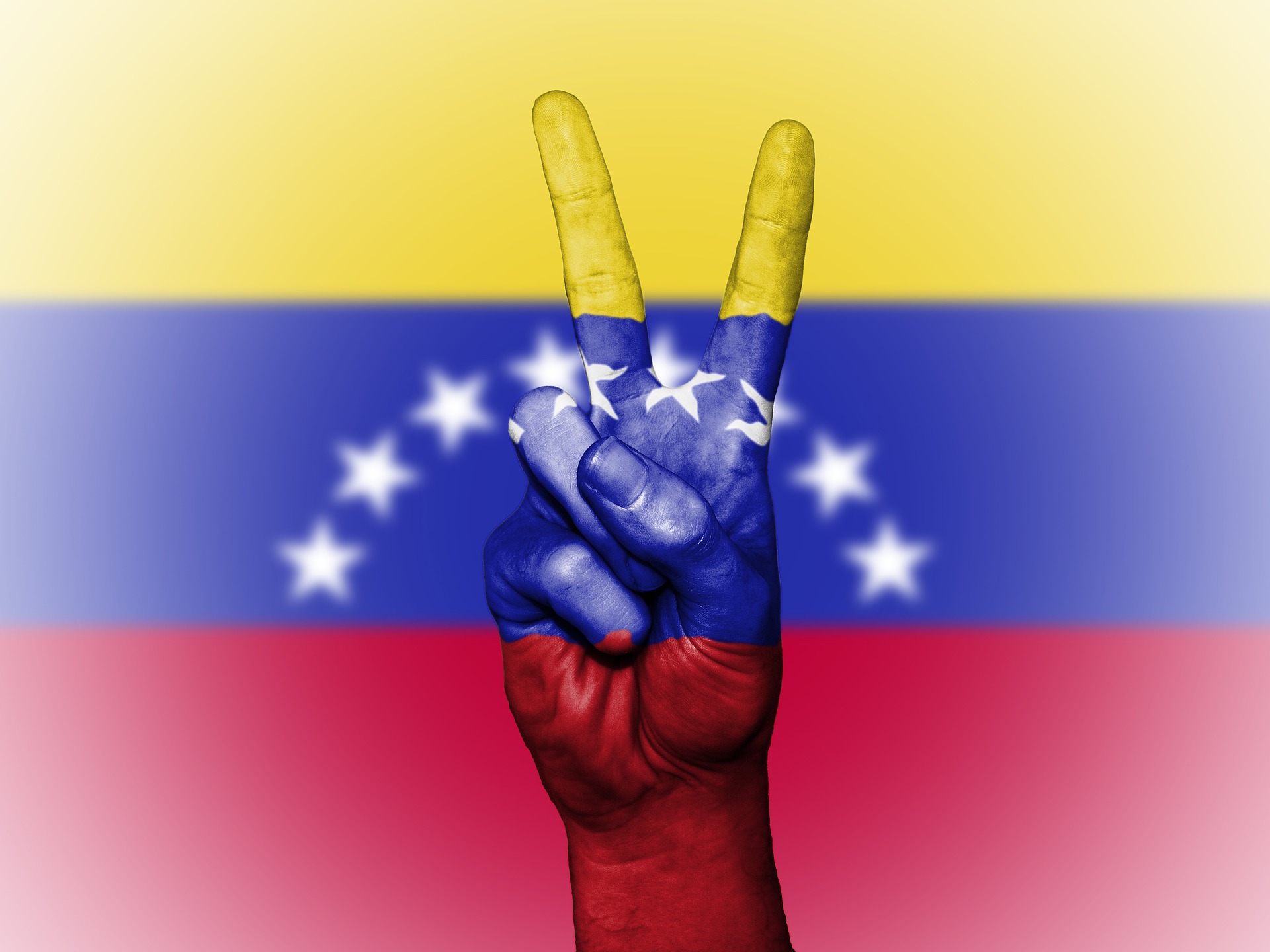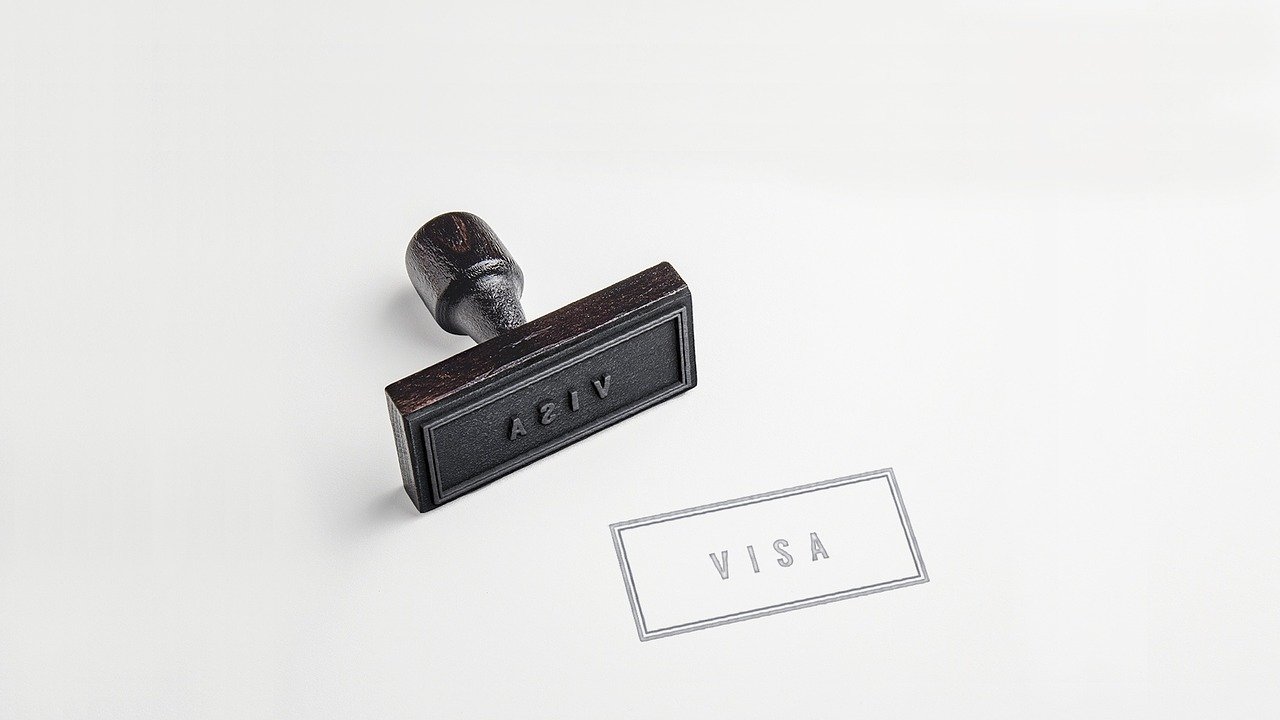Welcome back to Visalawyerblog! We are excited to bring you a newly released update from the Department of State regarding the operational status of visa services at U.S. Embassies and Consulates worldwide.
As you know, the COVID-19 pandemic has wreaked havoc around the world forcing the majority of U.S. Embassies and Consulates to scale down operations due to reduced staff, limited resources, and constraints having to do with local conditions and restrictions, including local and national lockdowns, travel restrictions, and other measures that have been taken by U.S. Embassies and Consulates to contain the spread of COVID-19.
Due to these restrictions, the majority of U.S. Embassies and Consulates have dramatically reduced their appointment capacity. This has in turn created substantial backlogs of immigrant and nonimmigrant visa applications awaiting a visa interview. Many have already been documentarily qualified by the NVC and have not been able to proceed with visa processing due to the Embassy’s inability to open new appointments for applicants.
As a result, Consular posts and Embassies have been following a “phased resumption” of visa services framework, meaning that each post will carefully assess its country conditions and its resources, to gradually determine when it can resume visa service operations to normal levels. However, this process will take time and will depend on each Embassy’s ability to open more appointments for visa applicants.
 Visa Lawyer Blog
Visa Lawyer Blog













